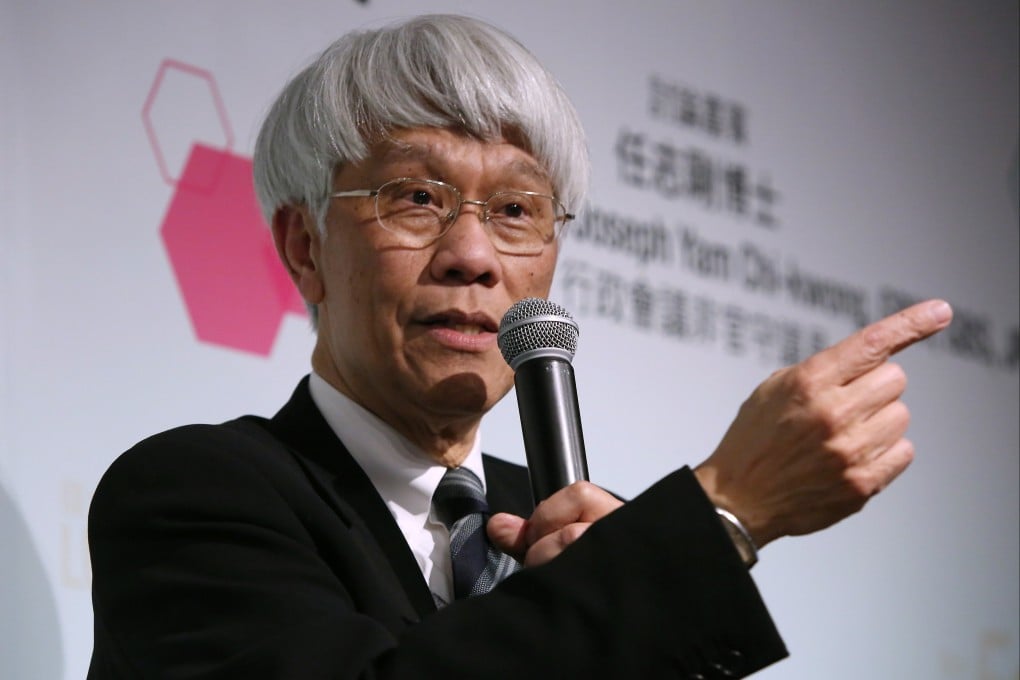Advertisement
Exclusive | Hong Kong should stick to four-decade-old US dollar currency peg as it braces for ‘unusual challenges’ ahead, HKMA former CEO Yam says
- Keeping a system that has proven to be most resilient is our best option, city’s longest-serving central banker says
- Linking local currency to the yuan should only be considered ‘if there is a nuclear war in finance’
Reading Time:3 minutes
Why you can trust SCMP
57

Hong Kong should stick to its almost four-decade-old currency peg with the US dollar, as it is the best option for the city in the challenging times ahead, says the peg’s founder and the city’s longest-serving central banker.
Joseph Yam Chi-kwong, the first CEO of Hong Kong’s de facto central bank, the Hong Kong Monetary Authority (HKMA), from its establishment in 1993 until 2009, set the currency peg fixing the Hong Kong dollar at 7.8 per US dollar in 1983. It has been allowed to trade between 7.75 and 7.85 per US dollar since 2005, with the HKMA intervening in the market if it trades beyond this band.
Currently, a member of outgoing leader Carrie Lam Cheng Yuet-ngor’s cabinet, Yam rejected calls for change, including pegging the Hong Kong dollar to the yuan.
Advertisement
“It looks like Hong Kong is going into a period that will present unusual challenges to the stability and integrity of our monetary and financial systems, and to our status as an international financial centre,” Yam said in an interview with the South China Morning Post.
“The [current] system continues to be most suitable for Hong Kong, as we brace ourselves for meeting the possible challenges ahead. Keeping a system that has proven to be most resilient is our best option,” he said.
Advertisement
Advertisement
Select Voice
Select Speed
1.00x
